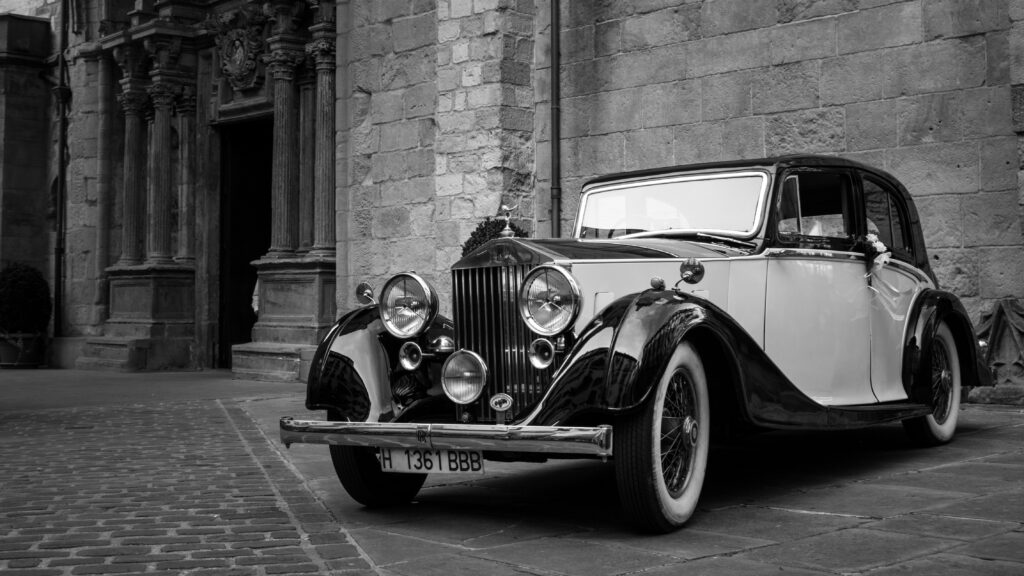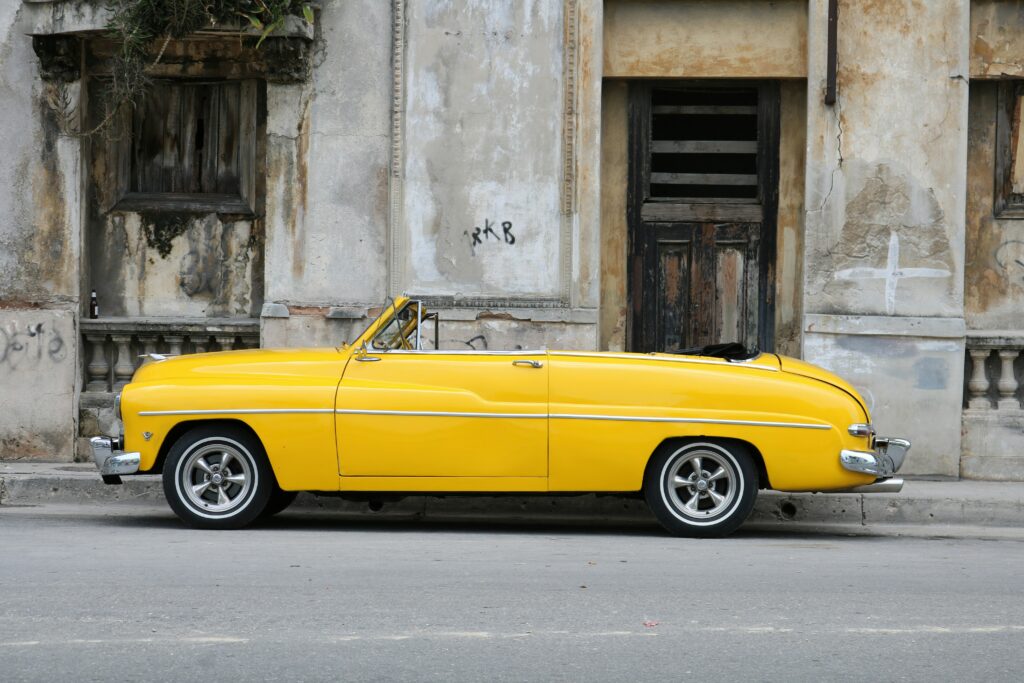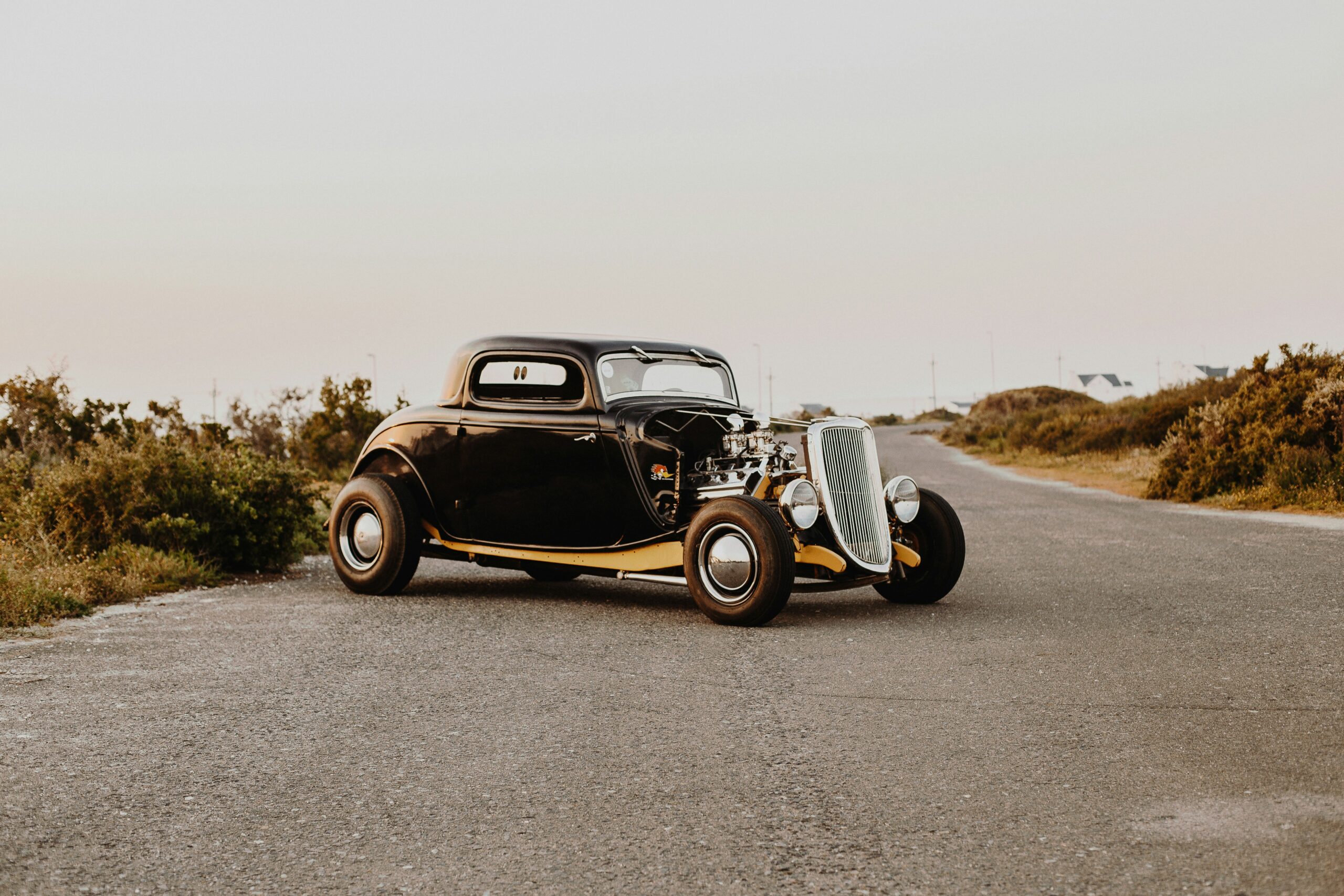Vintage car investments have proven to be a lucrative alternative to traditional investment options such as stocks, bonds, and real estate. According to recent data, vintage cars have outperformed these traditional asset classes, offering investors the potential for substantial returns.One of the key factors driving the growth of vintage car investments is the increasing demand from collectors and enthusiasts.
As the number of well-preserved and rare vehicles decreases, the value of these assets continues to rise. Additionally, the emotional attachment and nostalgia associated with owning a piece of automotive history contribute to the appeal of vintage car investments.
Índice
Identifying the Best Vintage Car Investments
Vintage car investments offer a diverse range of opportunities for collectors and investors seeking to capitalize on the allure and potential returns of classic automobiles. When delving into the realm of vintage car investments, it becomes evident that not all vehicles hold the same investment potential. To truly maximize returns and make informed decisions, it is essential to identify the best vintage car investments based on various critical factors.
Rarity and Exclusivity
One of the key determinants of a successful vintage car investment is the rarity and exclusivity of the vehicle. Cars with limited production numbers, special features, or unique design elements tend to hold their value better and appreciate more significantly over time. Collectors are often drawn to these rare gems, making them highly sought after in the market.
Condition and Restoration
The condition of a vintage car plays a pivotal role in its investment potential. Well-preserved and expertly restored vehicles not only showcase their historical significance but also command higher prices in the collector car market. Maintaining the authenticity and quality of a classic car through meticulous restoration work can significantly enhance its value and appeal to potential buyers.
Historical Significance and Provenance
Vintage cars with a rich history, such as a notable racing pedigree, celebrity ownership, or unique historical connections, often attract considerable attention from collectors. These vehicles carry a story that adds to their allure and can lead to premium prices at auctions and private sales. Investing in cars with a compelling provenance can offer both financial rewards and a deeper connection to automotive history.
Research and Due Diligence
Conducting thorough research on the vintage car market, current trends, and pricing dynamics is crucial for identifying lucrative investment opportunities. By staying informed and analyzing market data, investors can make informed decisions and navigate the complexities of the collector car industry effectively.
Expert Consultation and Networking
Seeking advice from experienced collectors, dealers, and appraisers can provide valuable insights into the vintage car market. Collaborating with industry experts and building a network within the collector car community can help investors uncover hidden gems, avoid potential pitfalls, and maximize their returns.
Diversification and Portfolio Management
Diversifying a vintage car investment portfolio by acquiring a range of models, eras, and brands can help mitigate risks and optimize returns. Balancing investments in rare and limited edition models with well-preserved classics and historically significant vehicles can create a robust and dynamic portfolio that stands the test of time.

Maximizing Your Returns through Proper Maintenance and Restoration
Investing in vintage car investments requires a long-term commitment to preserving the value and authenticity of these timeless machines. Proper maintenance and restoration are essential to ensuring that your vintage car retains its value and continues to appreciate over time.
Using Authentic and High-Quality Parts
One of the most critical aspects of maintaining and restoring a vintage car is the use of authentic and high-quality parts. Replacing worn or damaged components with subpar replacements can significantly diminish the car’s value and authenticity, ultimately reducing its appeal to collectors and potential buyers.
Employing Skilled Technicians
Entrusting your vintage car to experienced and skilled technicians is another essential factor in maximizing its value through proper maintenance and restoration. These professionals possess the knowledge, expertise, and specialized tools necessary to perform repairs and restorations to the highest standards.
Keeping Detailed Records
Maintaining detailed records of all maintenance and restoration work performed on your vintage car is crucial for demonstrating its condition and value to potential buyers. These records serve as a testament to the care and attention given to the vehicle, providing potential buyers with a clear understanding of its history and the investments made to preserve its condition.
Navigating the Legal and Tax Implications of Vintage Car Investments
Investing in vintage cars involves more than just acquiring and maintaining the vehicle itself. It is essential for investors to understand and navigate the legal and tax implications associated with this asset class to ensure compliance and protect their investments.
Complying with Local Laws and Regulations
When investing in vintage cars, it is crucial to ensure that the vehicle complies with all relevant laws and regulations in the jurisdiction where it will be registered and operated. This includes adhering to requirements related to registration, insurance, emissions, and safety standards.
Failure to comply with these regulations can result in fines, penalties, or even the seizure of the vehicle, potentially jeopardizing the investment. By staying informed about local laws and regulations and working with professionals who specialize in vintage car compliance, investors can mitigate these risks and protect their investments.
Understanding Tax Implications
The tax implications of vintage car investments can be complex and vary depending on the jurisdiction and the specific circumstances of the investor. Consulting with a tax professional who has experience in dealing with collector cars is essential for understanding the potential tax consequences of your investment. This may include considerations such as capital gains taxes, depreciation deductions, and the impact of the investment on your overall tax liability. By proactively addressing tax implications and seeking professional guidance, investors can make informed decisions and minimize any potential tax-related risks associated with their vintage car investments.
Protecting Your Investment
Protecting your vintage car investment from potential disputes or claims is another crucial aspect of navigating the legal landscape. This may involve taking measures such as obtaining comprehensive insurance coverage, ensuring proper ownership documentation, and establishing clear agreements with any partners or co-owners. By taking proactive steps to protect your investment, you can minimize the risk of legal disputes and safeguard your vintage car investment for the long term.

Conclusión
Vintage car investments offer a unique and potentially lucrative alternative to traditional investment options. By understanding the market, identifying the best investment opportunities, and developing a well-thought-out strategy, investors can maximize their returns while minimizing their risks.









